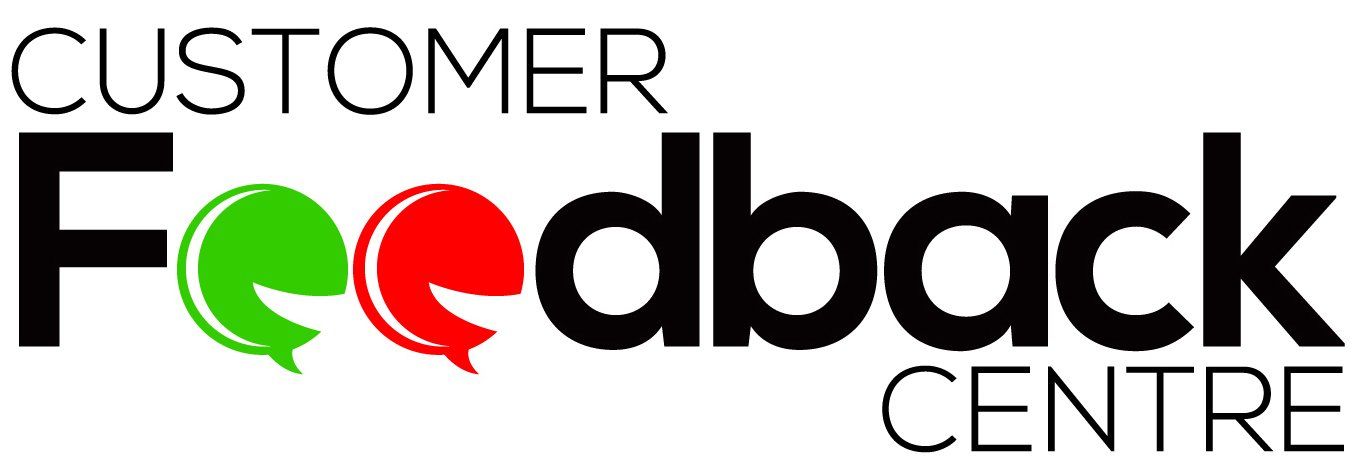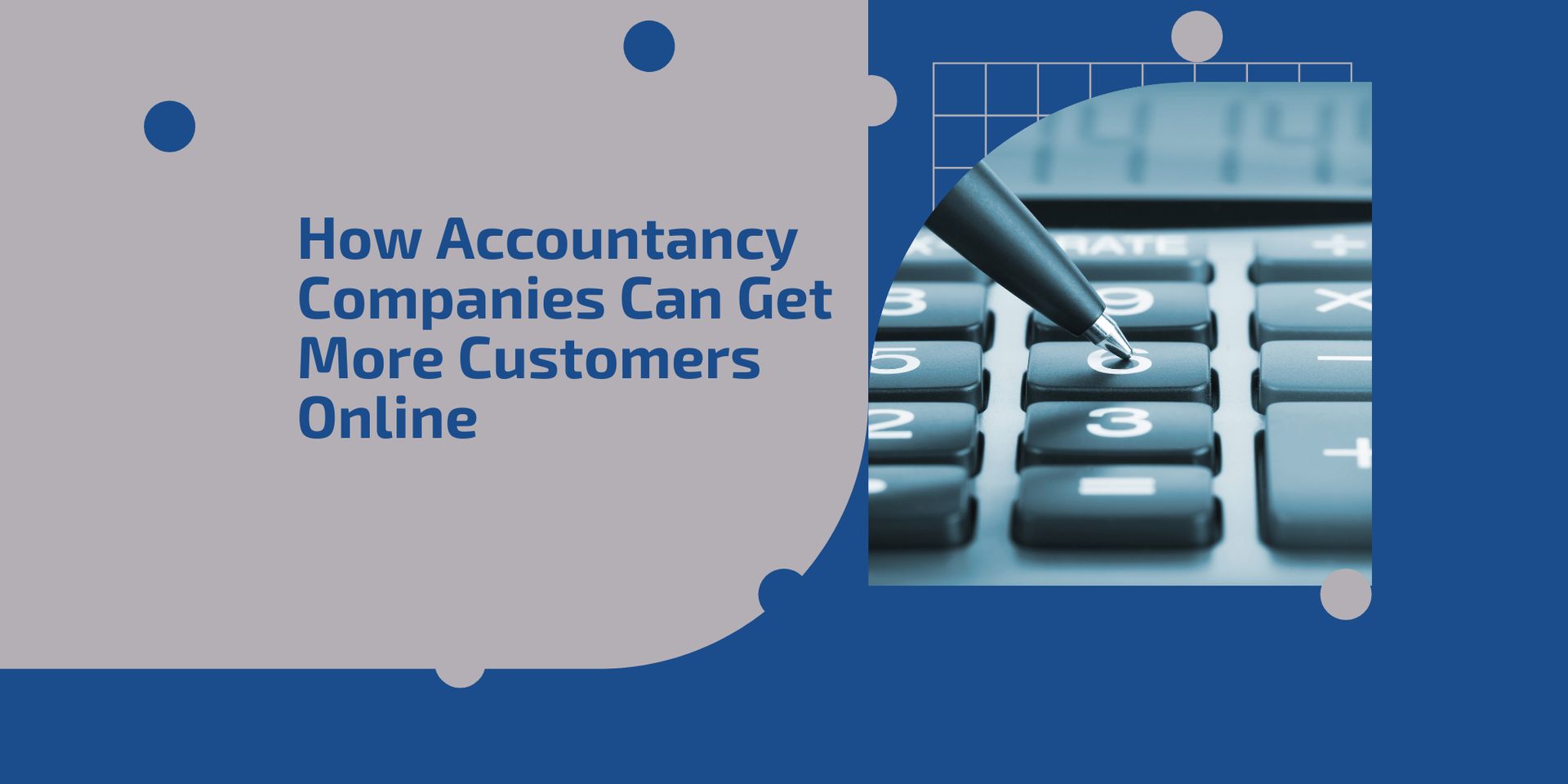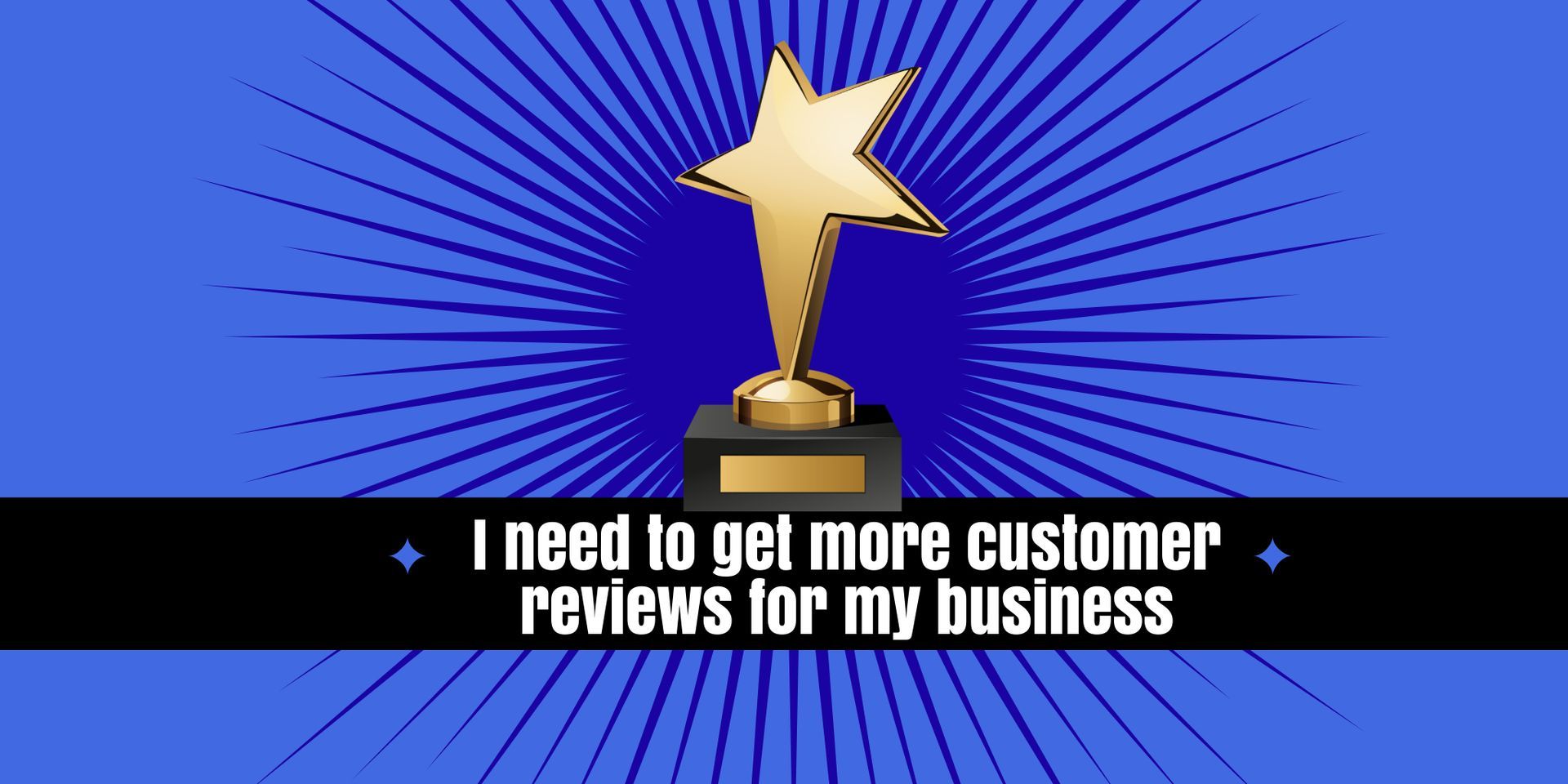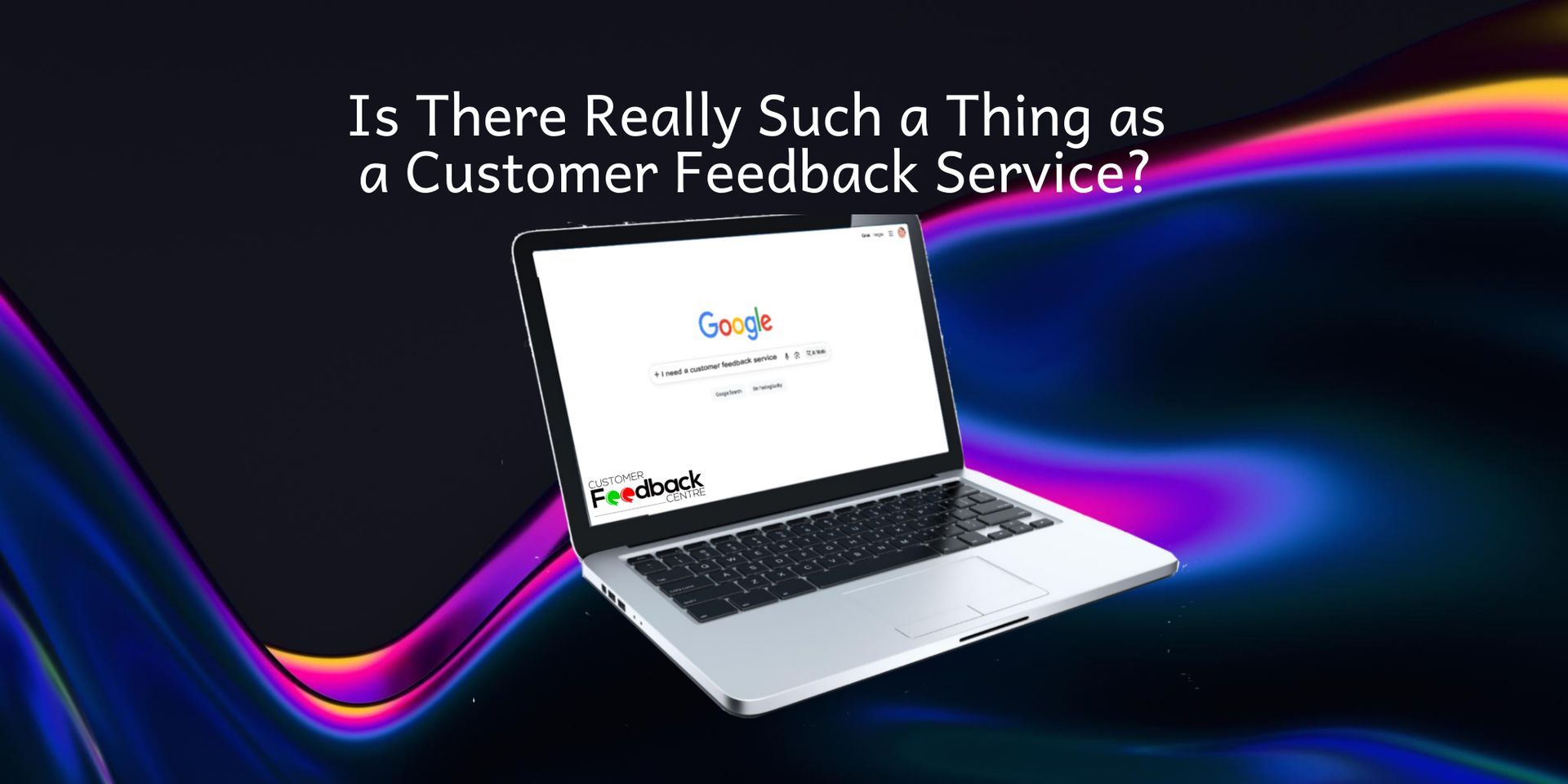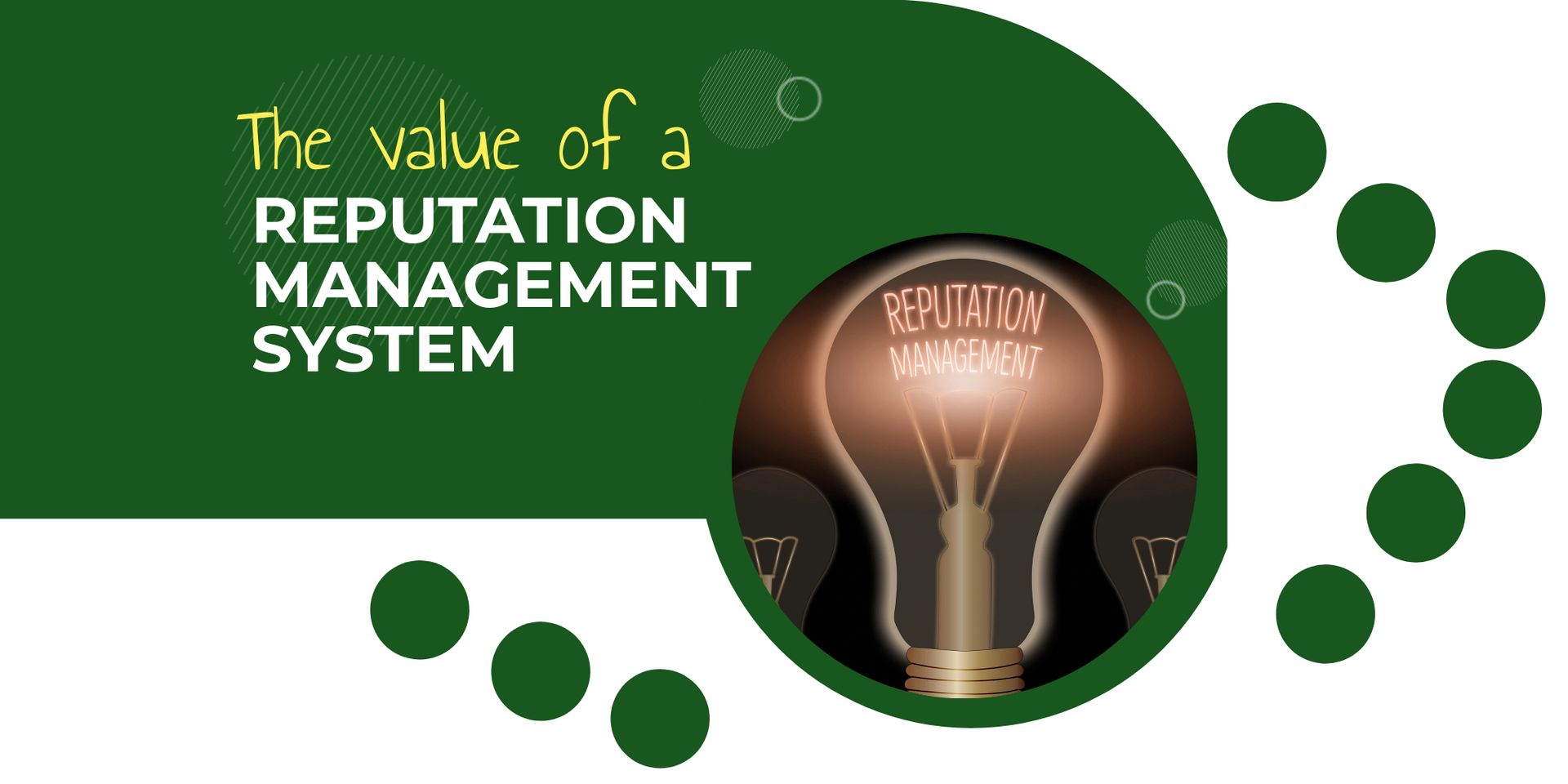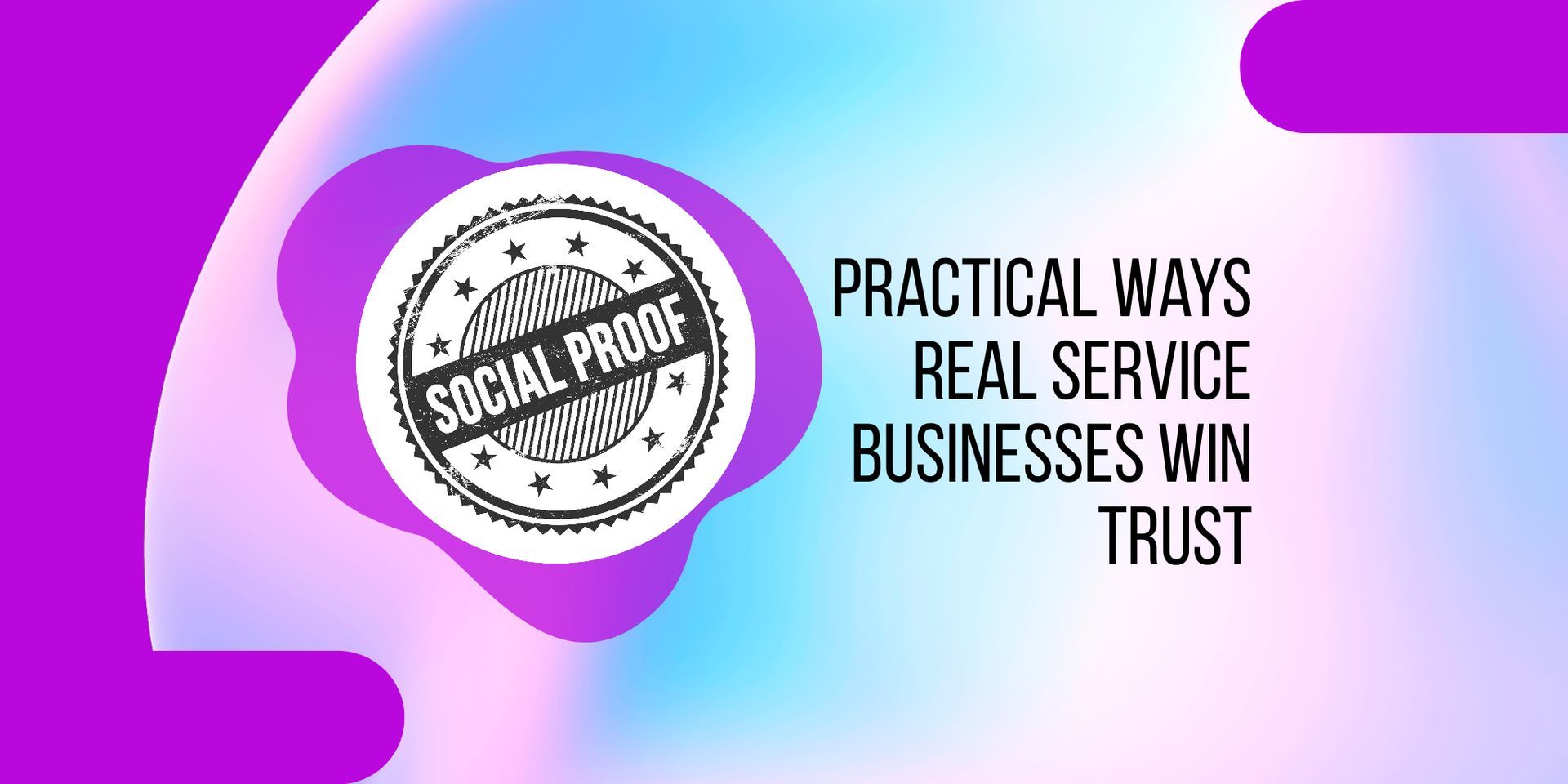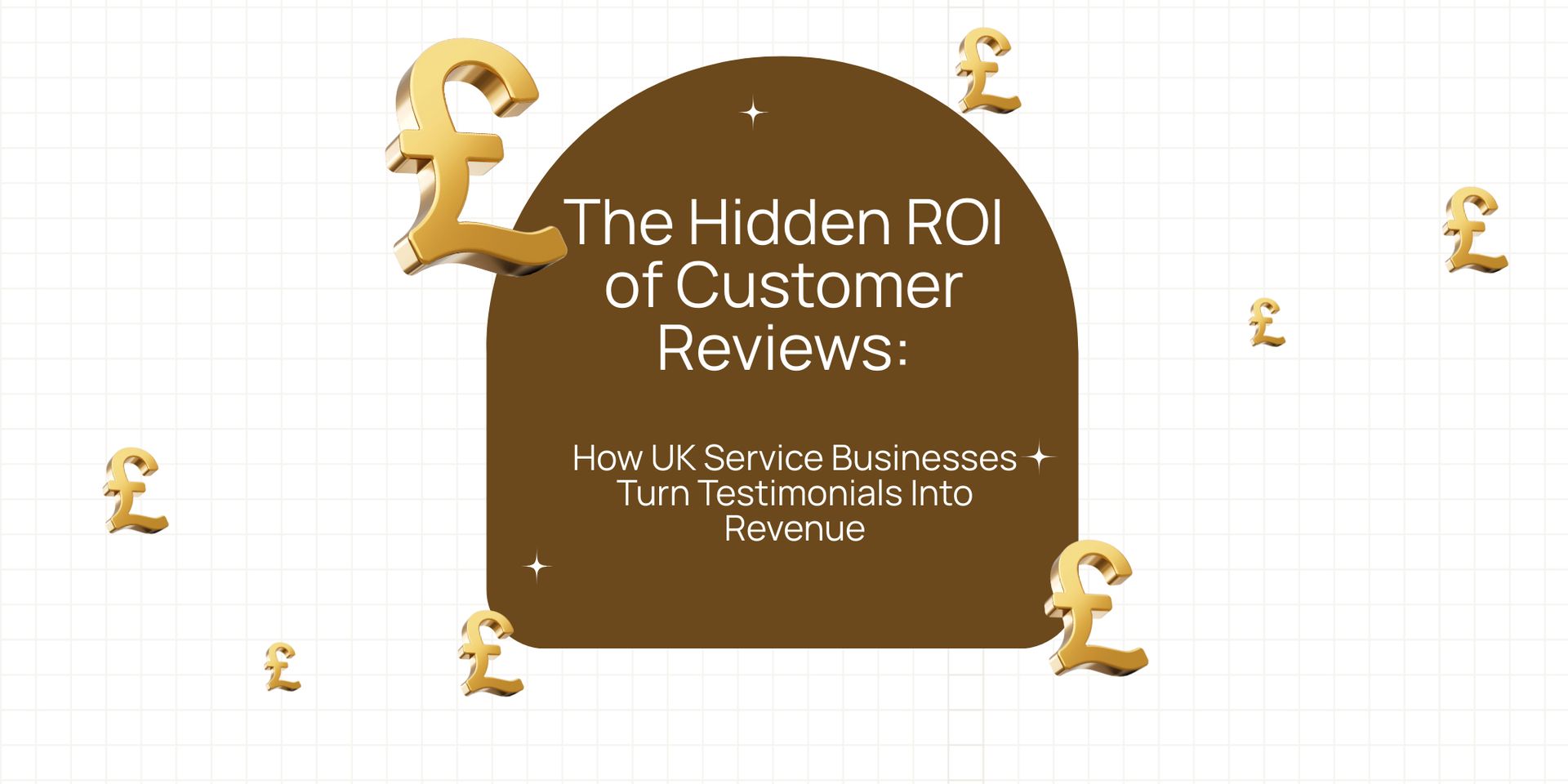Why Your Business Reputation Actually Matters (And What Happens When You Ignore It)
Make sure your future customers can find you
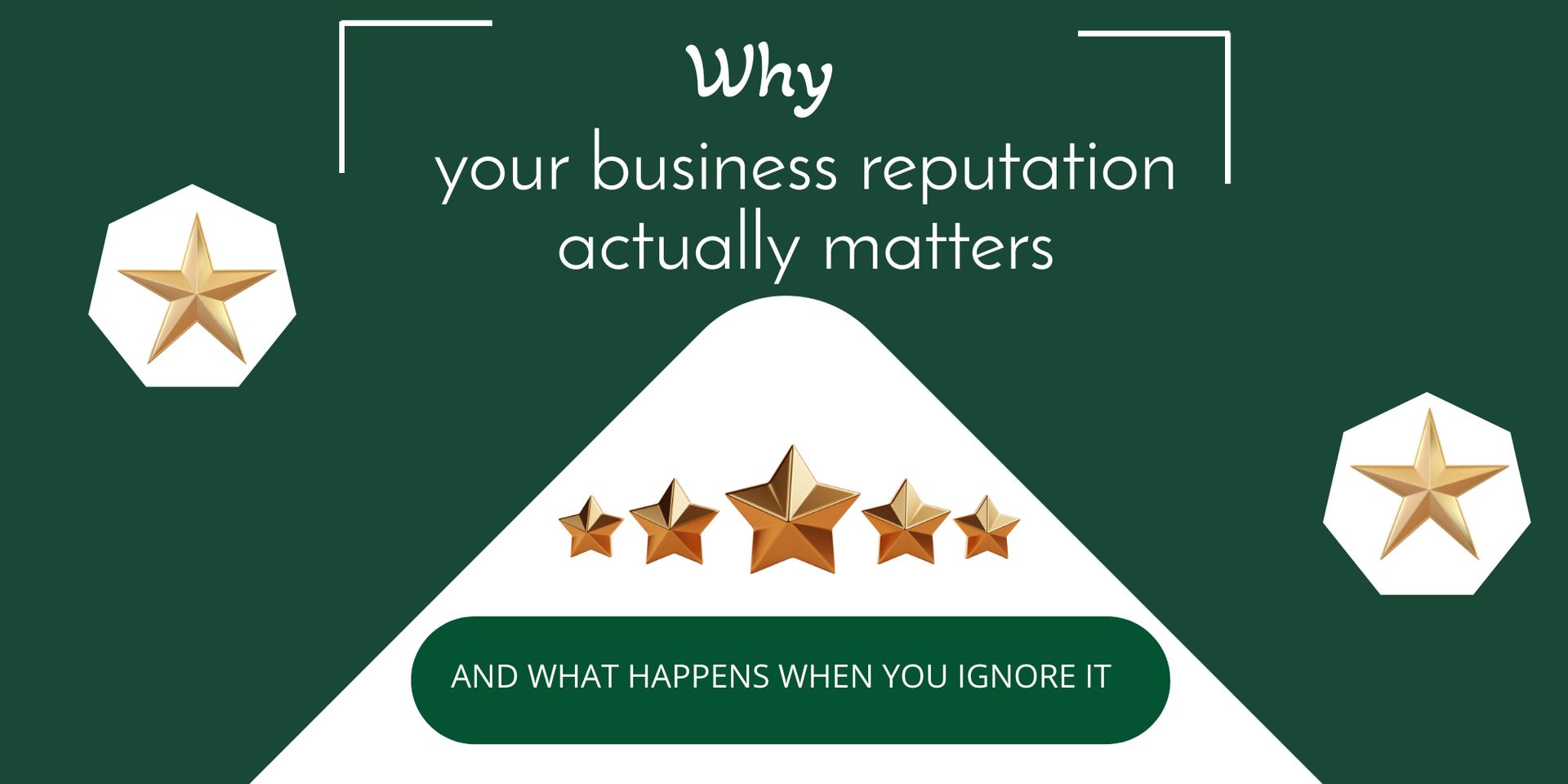
Let's be honest - most small business owners are too busy running their businesses to worry about what people are saying about them online. You've got invoices to chase, staff to manage, and customers to serve. Who has time to check Google reviews?
Here's the thing though: your customers do. And they're making decisions about whether to use your business based on what they find.
The Brutal Truth About Online Reputation
A driving instructor I know who couldn't understand why his phone had stopped ringing. His competitor down the road had 47 Google reviews averaging 4.6 stars. He had three reviews from 2019.
Guess who's getting the new students?
It's not rocket science. When someone needs a service - whether it's a physiotherapist, a roofer, or a double glazer - they're going to Google.
They'll look at a few options, check the reviews, and make their choice. If you're not part of that conversation, you're invisible.
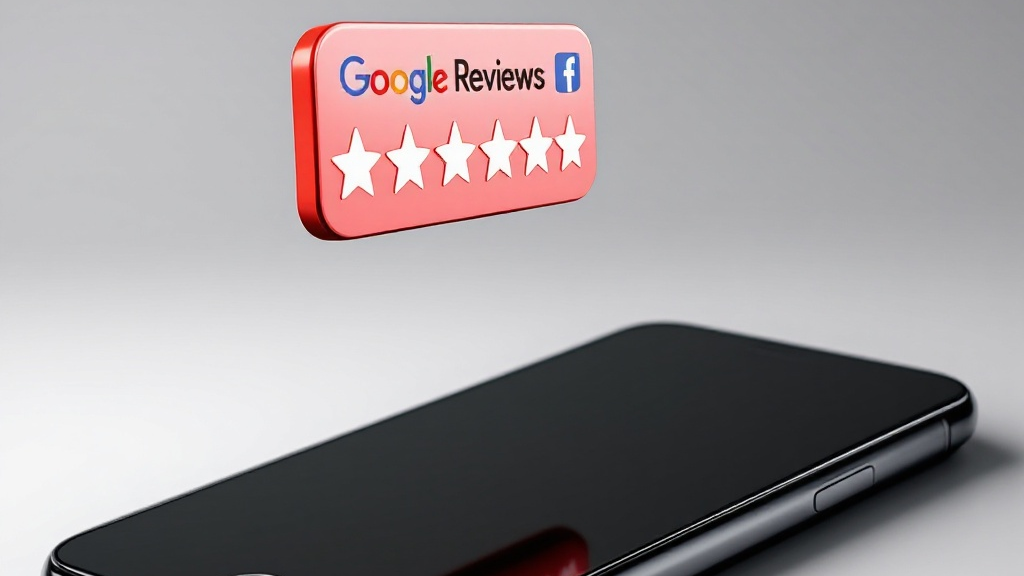
What Actually Happens When You Don't Manage Your Reputation
You Become the "Mystery Business"
Ever noticed how some businesses have loads of reviews while others have hardly any? The ones without reviews aren't necessarily bad - they're just not asking for feedback.
But customers don't know that. They just see a business with no social proof and move on to one that has it.
Bad Reviews Stick Around Forever
Here's something that'll keep you awake at night: that one angry customer who left you a one-star review in 2020?
It's still there. Still the first thing people see when they Google your business. And if you never responded to it, it looks like you don't care.
Your Competitors Look Better by Default
While you're focused on doing great work (which is admirable), your competitors are actively collecting reviews and managing their online presence.
Even if you provide better service, they're winning customers because they look more trustworthy online.
Why Small Businesses Actually Have an Advantage
Big corporations spend millions on reputation management. But as a small business, you have something they don't - genuine relationships with your customers.
When Mrs. Johnson is delighted with her new windows, she's much more likely to leave a review if you simply ask her. When Tom's back pain disappears after visiting your clinic, he'll happily tell the world about it - if you give him an easy way to do so.
The problem is, most small business owners feel awkward asking for reviews. We're British - we don't like to make a fuss.
The Real Impact on Your Bottom Line
Let me share some numbers that might surprise you:
A garage door installer started asking customers for reviews after completing jobs. Within six months, his Google listing went from 8 reviews to 34 reviews.
His phone inquiries increased by 60%. Same quality of work, same prices - just better online reputation.
An optician was struggling to compete with the big chains.
After focusing on collecting and showcasing customer feedback, they saw a 35% increase in new patient registrations.
Turns out, people prefer personal service - they just needed to know about it.

The Simple Stuff That Makes a Big Difference
Ask at the Right Moment
The best time to ask for a review is when your customer is happiest. Just finished a great job? Customer singing your praises? That's your moment. Don't wait a week - ask there and then.
Make It Easy
Don't expect customers to hunt around for your Google listing. Send them your
direct Google link. Better yet, show them how to do it on their phone while you're there.
Respond to Everything
Got a five-star review? Say thank you. Got a one-star review? Respond professionally and try to sort it out. Even if you can't fix the original problem, always apologise; other potential customers will see that you care enough to try.
Don't Panic About Negative Reviews
Here's something counterintuitive: a few negative reviews actually make you look more trustworthy. All five-star reviews can come across as fake. A mix of mostly positive with the occasional constructive criticism looks real.
The Local Advantage
If you're a local business, you have a massive advantage.
Local customers want to support local businesses - they just need to find you and trust you.
When someone searches for "physiotherapist near me" or "reliable roofer Chelmsford," Google shows them local results.
If you've got good reviews, you'll be near the top. If you don't, you'll be invisible.

Common Mistakes That Hurt Your Reputation
Ignoring Reviews Completely
The worst thing you can do is pretend online reviews don't exist. They do, and your customers are reading them.
Only Asking Happy Customers for Reviews
This seems logical, but it's short-sighted. If you only ask your happiest customers, you miss opportunities to address problems before they become public complaints.
Getting Defensive About Criticism
Nobody likes being criticised, but getting defensive in public makes you look unprofessional. Take it offline, sort it out privately, then follow up publicly to show you've resolved the issue.
Making It Part of Your Routine
The businesses that succeed with reputation management don't treat it as a separate task - they build it into their normal routine.
Finish a job? Ask for feedback. Get a compliment? Ask them to share it online. Spot a review? Respond to it. Got a complaint? Address it quickly and professionally.
It becomes as natural as sending an invoice or booking the next appointment.
Why This Matters More Now Than Ever
Your customers' expectations have changed. They expect to find you online, read about other people's experiences, and make informed decisions. If you're not meeting those expectations, you're making it harder for good customers to find you.
And here's the kicker - it's not getting any easier. Voice search, AI recommendations, and changing consumer habits all point to online reputation becoming even more important.
The Bottom Line
Your reputation is being formed right now, whether you're managing it or not.
The question is: do you want to influence that conversation, or leave it entirely to chance?
You don't need to become a marketing expert overnight. You just need to start asking satisfied customers to share their experiences and respond when people take the time to leave feedback.
Of course, if you're already stretched thin running your business, managing all of this manually can feel like another full-time job.
That's where an
online reputation management system comes in handy.
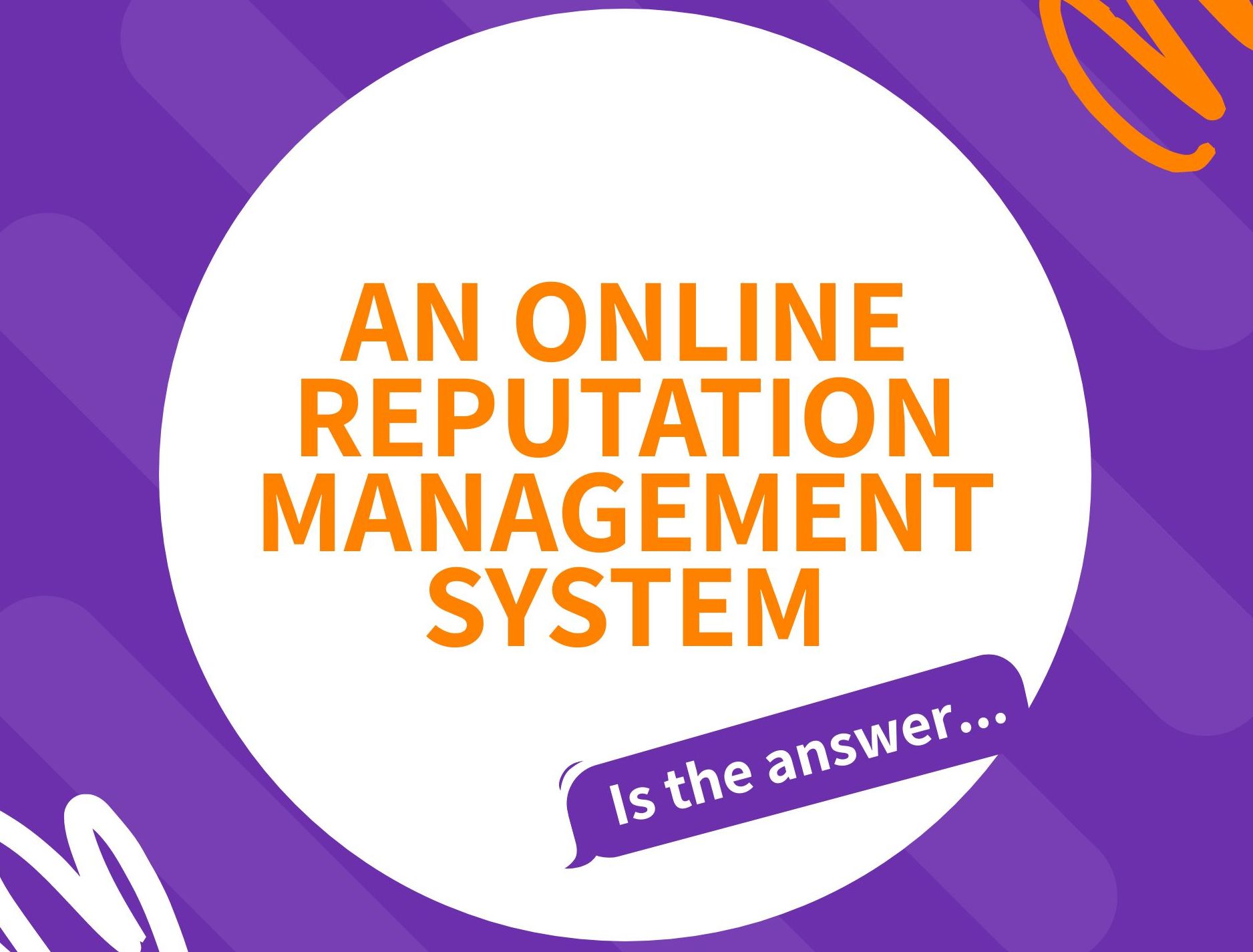
Here at Customer Feedback Centre, we've built our platform specifically for busy service businesses who want to automate the whole process - from collecting feedback to displaying it on your website to monitoring what's being said about you across over 100 review sites.
It takes the manual work out of reputation management so you can focus on what you do best: serving your customers.
Your future customers are out there right now, looking for businesses like yours. Make sure they can find you - and trust you when they do.
I hope the above article was of interest and you found it useful.
If you need our help, then please arrange a call with me.
